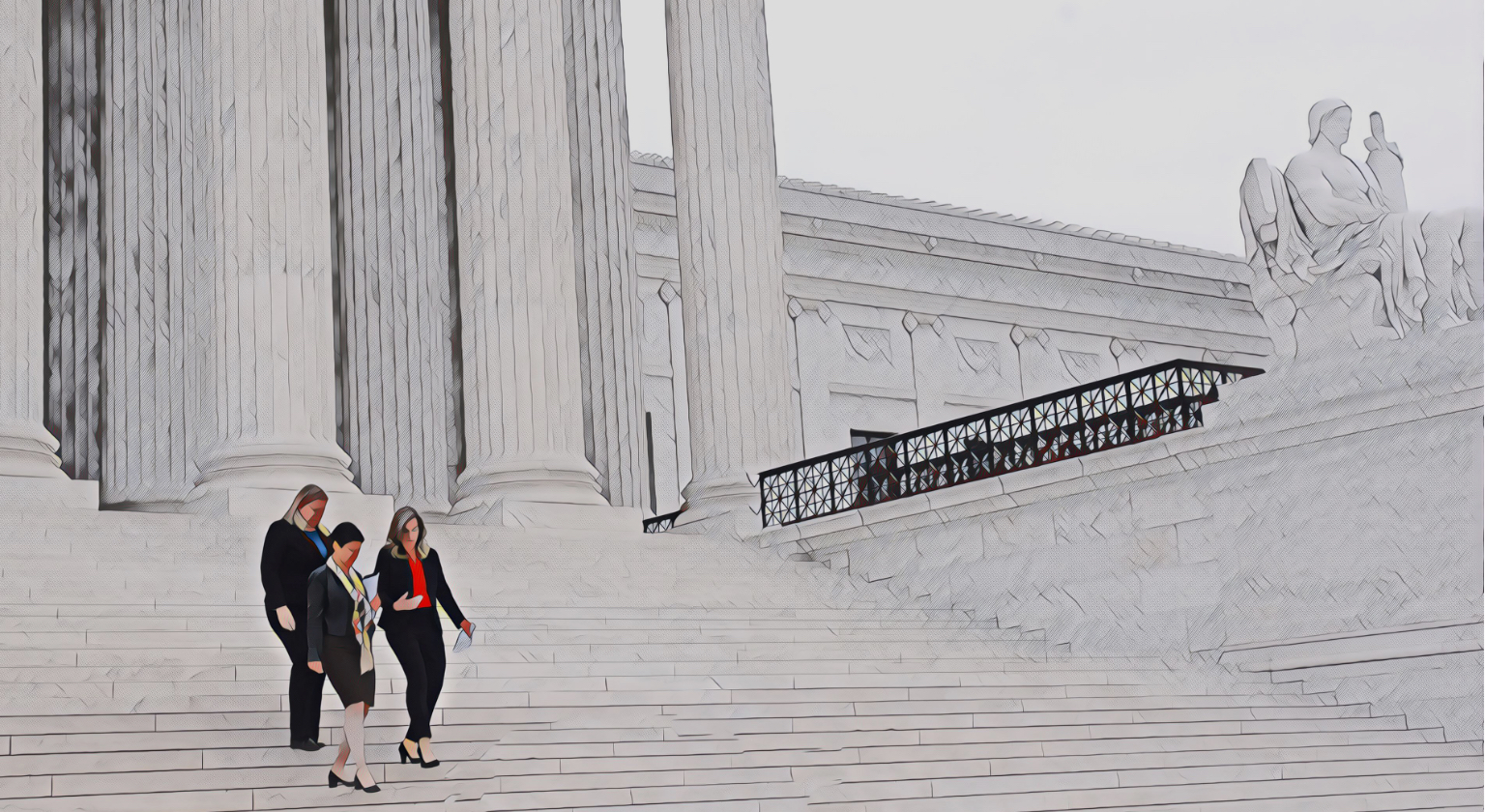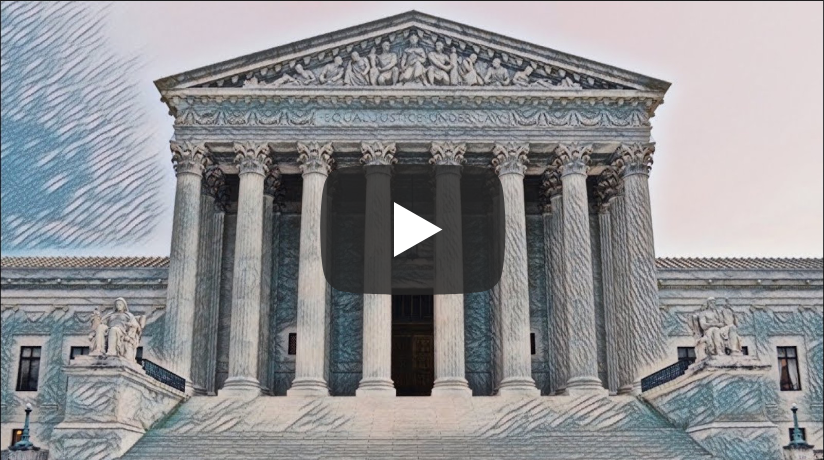BJC: Government foster care programs should serve all qualified parents
Hollman: Nondiscrimination laws protect religious liberty

Media Contact: Cherilyn Crowe / [email protected] / cell: 202.670.5877
WASHINGTON – Requiring government contractors to adhere to nondiscrimination policies when performing a government function does not burden religion – instead, it protects religious freedom, according to a U.S. Supreme Court brief filed by BJC (Baptist Joint Committee for Religious Liberty) and other Christian denominational entities and representatives.
BJC filed a friend-of-the-court brief in Fulton v. Philadelphia, a case in which Catholic Social Services challenges the city of Philadelphia’s foster care contracting practices. The city requires contracting agencies that recruit, screen, train and certify foster parents to adhere to the city’s nondiscrimination law, which prohibits the agencies from rejecting prospective foster parents based on religion, sexual orientation and other protected categories.
BJC General Counsel Holly Hollman said this arrangement is good for religious freedom:
“By requiring that government-funded foster care agencies consider all qualified individuals, the city is ensuring that all communities – including religious communities – are treated with equality and dignity.
This policy also protects the viability of government partnerships with religious organizations that serve people in need. The government has an obligation to ensure that children who need foster care can be placed in safe homes.
Denying certification of an otherwise qualified foster parent based on something like religion or sexual orientation prevents children from getting essential care.”
The Presiding Bishop of the Episcopal Church, the General Synod of the United Church of Christ, and the Evangelical Lutheran Church in America joined BJC’s brief.
You can read the brief at this link. The Supreme Court will hear oral arguments in Fulton v. Philadelphia on November 4.
###
BJC (Baptist Joint Committee for Religious Liberty) is an 84-year-old religiously based organization working to defend faith freedom for all and protect the institutional separation of church and state in the historic Baptist tradition.
FROM BJC’s BRIEF:
“This is not a case about generally applicable laws regulating the general public and in so doing incidentally burdening religious exercise. Rather, it concerns voluntary contracting with a government to perform a public function on its behalf.”
“Religious institutions participating in government-administered social programs like foster care services perform an immensely valuable function. Indeed, the reality of faith-based groups playing such a role in public life is a great strength of our pluralistic society. It is precisely because these services are so important that an entity making a voluntary choice to participate in such a public program is not entitled to displace the government’s nondiscrimination laws and policies in administration of the government’s own program.”
“Hard cases can arise when a government’s important interests must be balanced against substantial burdens on religious exercise. This is not such a case. Here, the City’s nondiscrimination policy reflects not only a valid and compelling interest, but one that advances religious liberty, rather than infringes upon it. Nondiscrimination laws like the Fair Practices Ordinance offer critical protection to religious liberty in a pluralistic society, as do nondiscrimination provisions included in government contracts.”
“The City’s decision to require government-sponsored foster care agencies to consider all qualified parents thus ensures that all communities—including religious communities—are treated by their government with equality and dignity. It also furthers the ultimate purpose of a public program for foster placement: safeguarding the best interests of children within the government’s custody by recruiting the broadest possible pool of qualified foster parents to care for them.”
“A prospective foster parent that is rejected for being Baptist, or for being in a same-sex marriage, or another protected characteristic, is likewise a victim of discrimination, whether or not some other agency is willing to consider them.”
“The recipient of the government funding therefore does not give up their right to speak on contrary views—or, as here, to maintain and exercise their religious views—only the right to speak or act on those views through the particular project funded by the government.”






